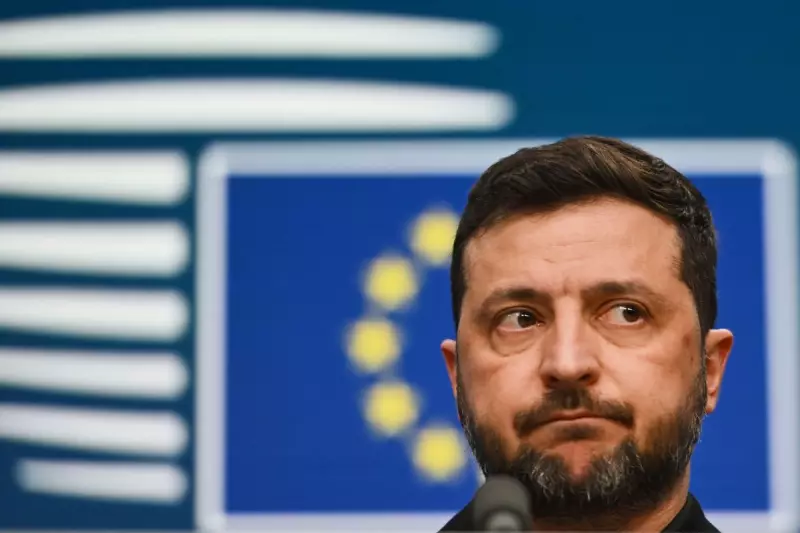
The spectre of Donald Trump's potential return to the White House has sent shockwaves through European capitals, forcing a long-delayed reckoning with uncomfortable truths about continental security. The former president's recent suggestion that he would encourage Russia to attack NATO members failing to meet defence spending targets represents more than just campaign rhetoric—it's a fundamental threat to the transatlantic security architecture that has maintained peace for generations.
The Looming American Abandonment
European leaders are finally confronting what was once unthinkable: the possible withdrawal of American security guarantees that have formed the bedrock of European defence since the Second World War. Trump's comments expose Europe's dangerous dependency on a partner whose commitment can no longer be taken for granted. The continent stands at a crossroads, facing a stark choice between developing genuine strategic autonomy or remaining vulnerable to both Russian aggression and American caprice.
Weapons and Energy: Europe's Twin Vulnerabilities
The crisis extends beyond theoretical security arrangements to practical battlefield realities in Ukraine. European nations face a critical shortage of ammunition and weapons systems, revealing decades of underinvestment in defence industrial capacity. Meanwhile, many countries continue purchasing Russian oil and gas—effectively funding both sides of the conflict through energy payments that bolster Moscow's war chest.
The Urgent To-Do List for European Survival
- Accelerate defence spending beyond symbolic 2% GDP targets to rebuild credible deterrent capabilities
- Diversify energy supplies completely away from Russian sources, closing sanction loopholes
- Streamline weapons production across national borders to create a truly European defence industry
- Develop independent command structures that can operate without American leadership
A Historical Inflection Point
This moment represents what historians may view as Europe's 21st-century Suez Crisis—the painful realisation that the continent can no longer rely on external powers for its fundamental security. The window for action is rapidly closing, with Ukraine's ammunition shortages providing a grim preview of what might await European armies facing a resurgent Russia without American support.
The path forward requires political courage that has been notably absent in European capitals. Leaders must convince their publics to accept higher defence spending amid cost-of-living crises, while simultaneously navigating complex energy transitions. Failure to act decisively could see Europe trapped between an aggressive eastern neighbour and an unreliable western partner—a geopolitical nightmare scenario that seemed impossible just a decade ago.
As one European diplomat privately acknowledged, "We've been living in a post-historical fantasy. History is back, and it's uglier than we remembered." The question now is whether Europe can awaken from its strategic slumber in time to secure its own future.





